The Best Adobe Photoshop Alternatives of 2025
Adobe Photoshop has ruled photo editing for ages. But it’s not your only choice anymore. Maybe subscription fees bug you. Perhaps you want something easier. Or maybe you just fancy a change. Good news: plenty of top-notch Photoshop alternatives exist right now.
Finding your best editor really depends on what you need. Some users demand powerful tools pros use. Others just want simple ways to tweak shots. Whatever your situation, there’s an option that fits.
The Best Photoshop Alternatives in 2025
Affinity Photo
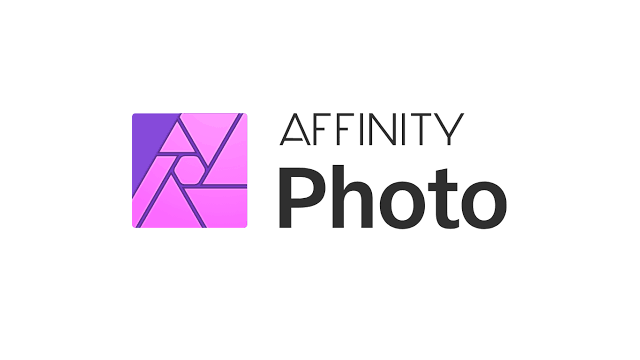
Affinity Photo stands tall among top alternatives to Photoshop right now. It gives you pro-level power without monthly fees, matching Adobe’s flagship on most fronts.
Photoshop users will find its setup familiar. Layers, masks, filters, retouching tools – they’re all there. It handles RAW files easily and opens PSDs well. Whether you’re doing quick fixes or complex composites, Affinity has the tools covered.
Pros:
- One-time purchase instead of subscription
- Available on Windows, macOS, and iPad
- Professional-grade toolset
- Excellent performance and stability
- PSD file support
Cons:
- Steep learning curve for beginners
- Can feel overwhelming with so many features
- Some interface quirks take getting used to
Pixlr X
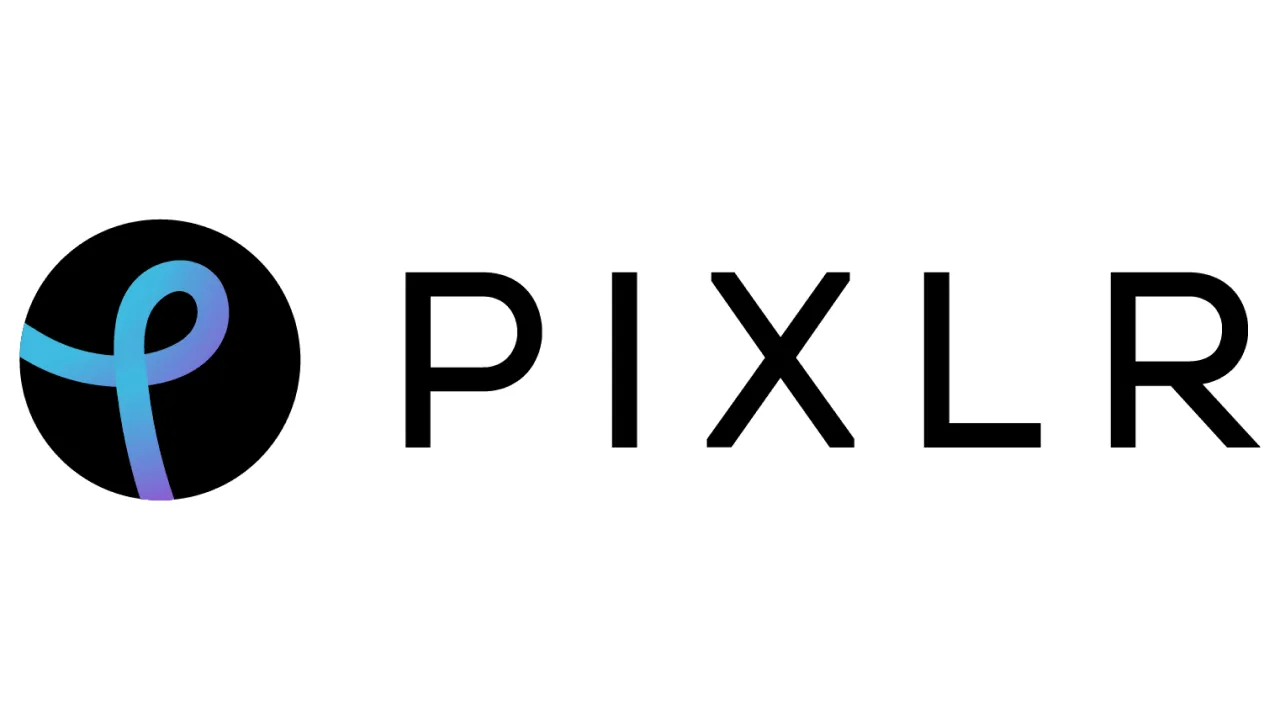
Pixlr X is a top pick if you need a free Photoshop alternative running right in your browser. No downloads, no installs – just solid editing power you can use anywhere online. It’s come a long way, packing surprisingly desktop-like features.
Clean layout gets you editing fast. Layer support really sets it apart from other web tools. Quick filters and adjustment tools cover everyday edits well.
Pros:
- Completely free to use
- Works in any web browser
- Clean, intuitive interface
- Good layer support for a web app
- No software installation required
Cons:
- Limited compared to desktop alternatives
- Requires internet connection
- No PSD file support
- Missing advanced features like custom brushes
ACDSee Photo Studio Ultimate
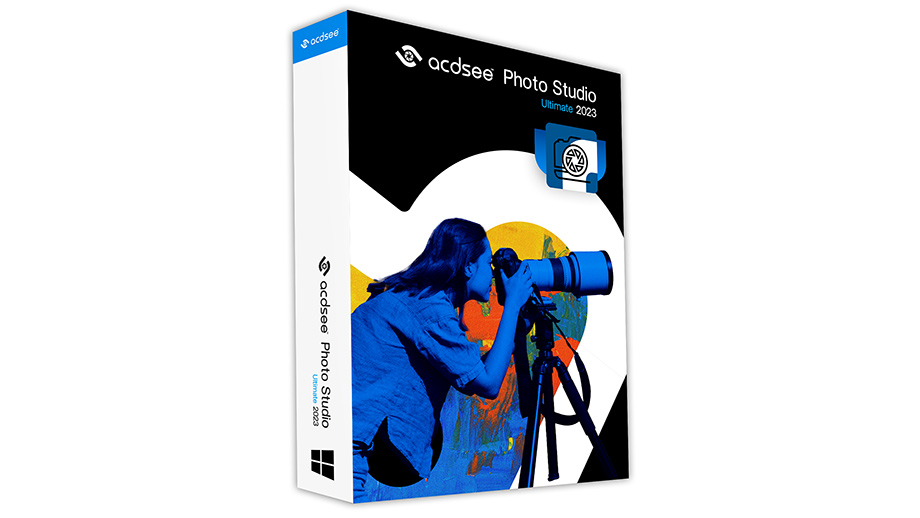
ACDSee Photo Studio Ultimate fits well between simple editors and pro tools. It’s a strong pick for users who’ve outgrown basic software but find Photoshop too much. This program blends photo organizing with editing power. Its RAW handling is capable, and the interface groups different tasks into distinct workspaces. This separation lets you concentrate on one job at a time without feeling swamped.
Pros:
- Good balance of features and usability
- Excellent photo management tools
- RAW file processing included
- Perpetual license option available
- AI-powered enhancement tools
Cons:
- Not suitable for advanced professional work
- AI features can be inconsistent
- Interface could be more polished
GIMP
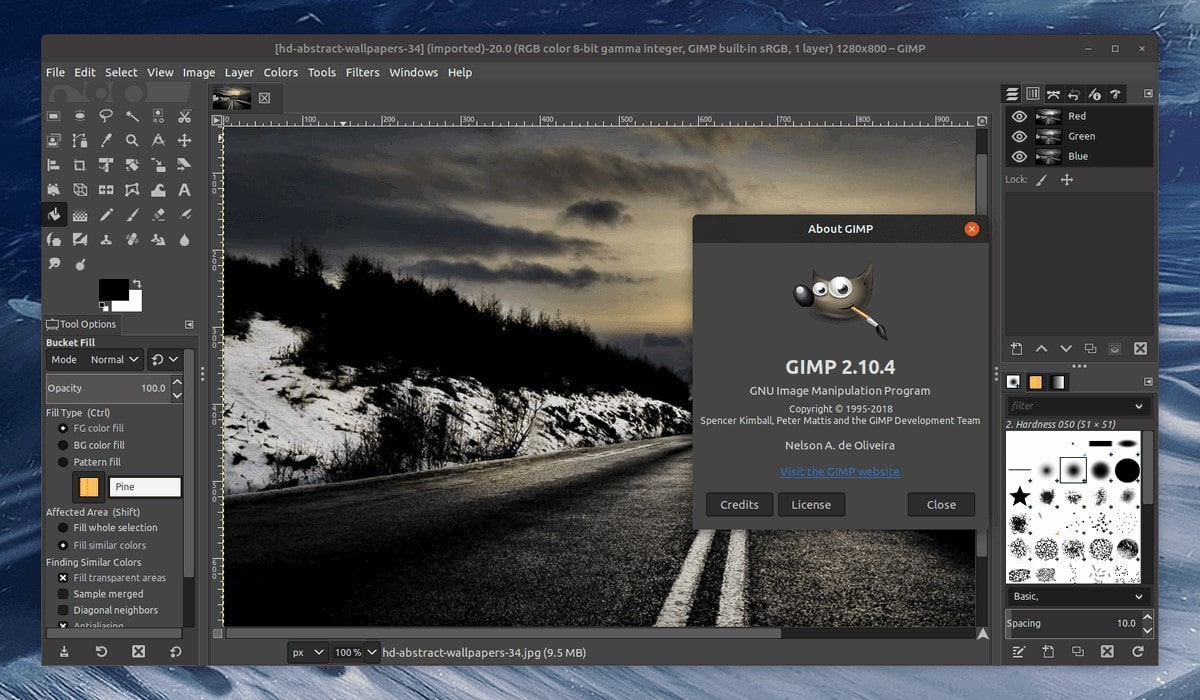
GIMP stands as the best Photoshop alternative if you need pro-level tools for free. It packs serious power at zero cost, matching Photoshop in many key areas.
Expect an extensive feature set: advanced selection tools, layers, tons of filters, and scripting. Plugin support adds even more functionality. The learning curve is real, but mastering it gives you deep editing control.
Pros:
- Completely free and open source
- Extensive professional toolset
- Highly customizable interface
- Large community and plugin ecosystem
- Cross-platform compatibility
Cons:
- Complex interface intimidates beginners
- Steeper learning curve than most alternatives
- Can be resource-intensive
- No built-in CMYK support
Luminar Neo
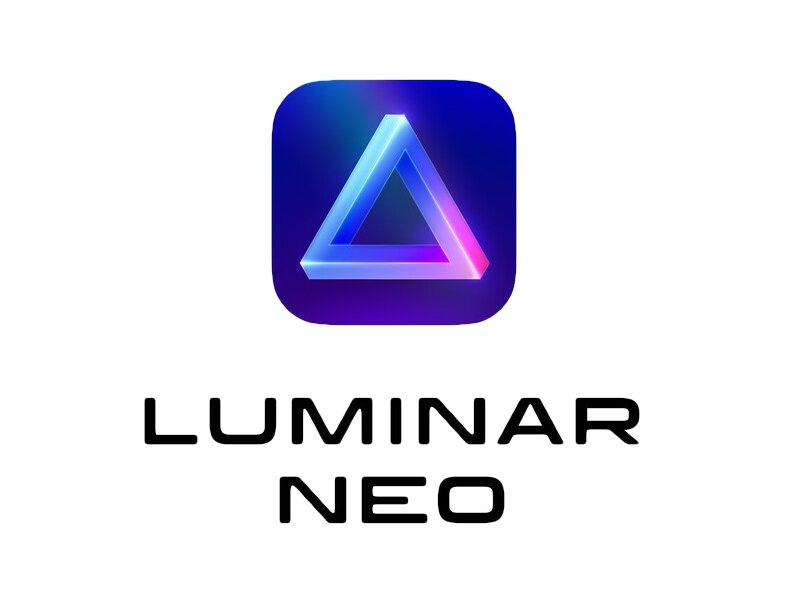
Luminar Neo leans hard on AI to simplify complex edits. This makes it a solid Adobe Photoshop alternative for photographers at any level. It automates many enhancements while still giving manual options. The AI sky replacement tool is especially good. Other AI features tackle noise reduction, skin smoothing, and color tweaks – often doing the heavy lifting for you. It runs as its own app or plugs into other photo editors.
Pros:
- Powerful AI-driven editing tools
- User-friendly interface
- Works as standalone or plugin
- Excellent sky replacement feature
- Good for photographers of all levels
Cons:
- Can be resource-intensive
- Limited advanced manual controls
- No mobile version available
- Some AI results can look artificial
Capture One Pro
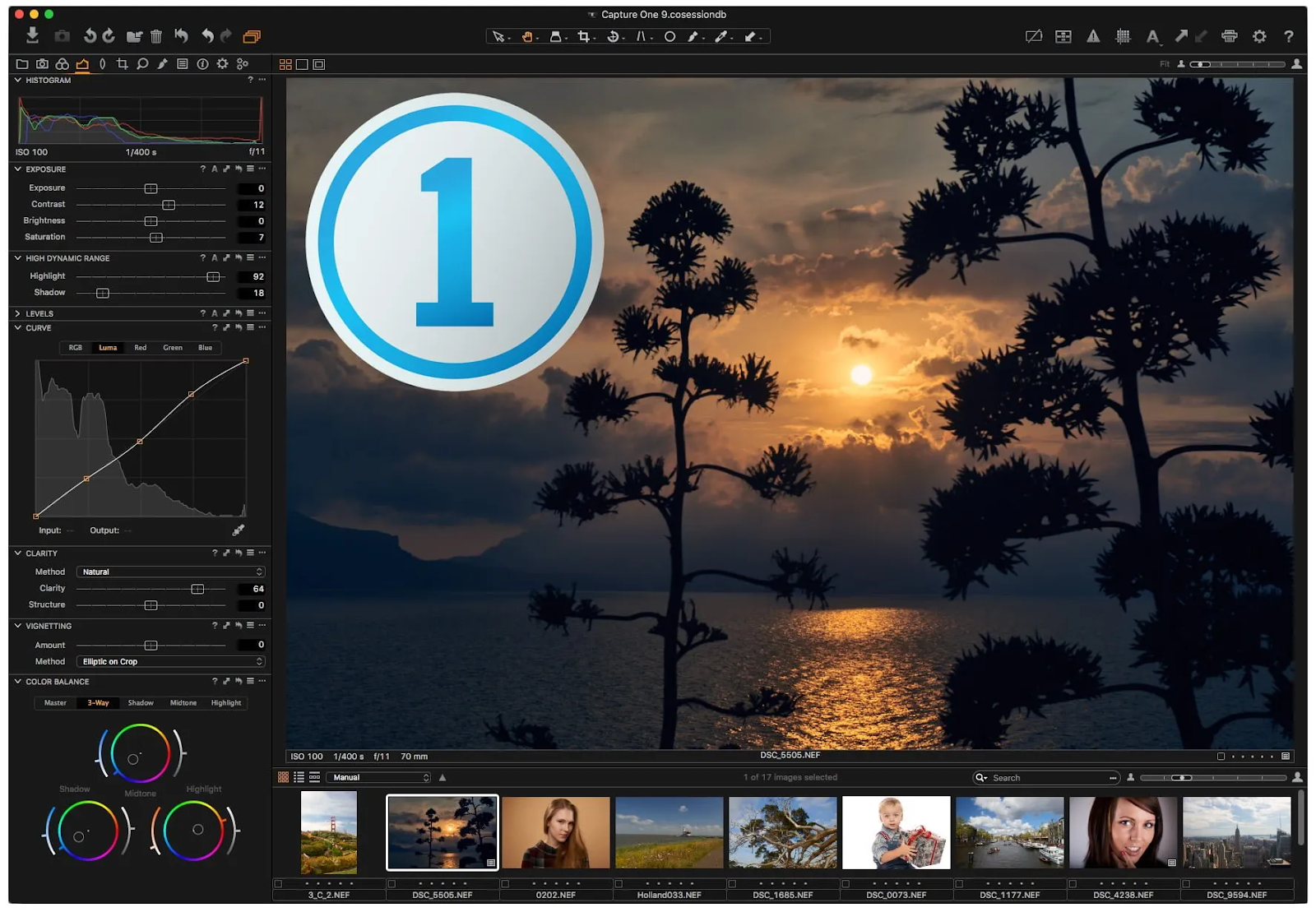
Capture One Pro is often the top choice among pros for RAW work and color grading. It’s a standout among Photoshop alternatives, especially where Photoshop lags—like tethered shooting and color precision.
Its RAW engine delivers outstanding results. Color tools lead the pack, and it crunches big batches smoothly. The whole interface is built just for photography tasks.
Pros:
- Superior RAW processing capabilities
- Excellent color grading tools
- Tethered shooting support
- Professional workflow optimization
- Outstanding image quality
Cons:
- Expensive subscription model
- Limited retouching capabilities
- Steep learning curve
- Primarily focused on photography
Photos Pos Pro
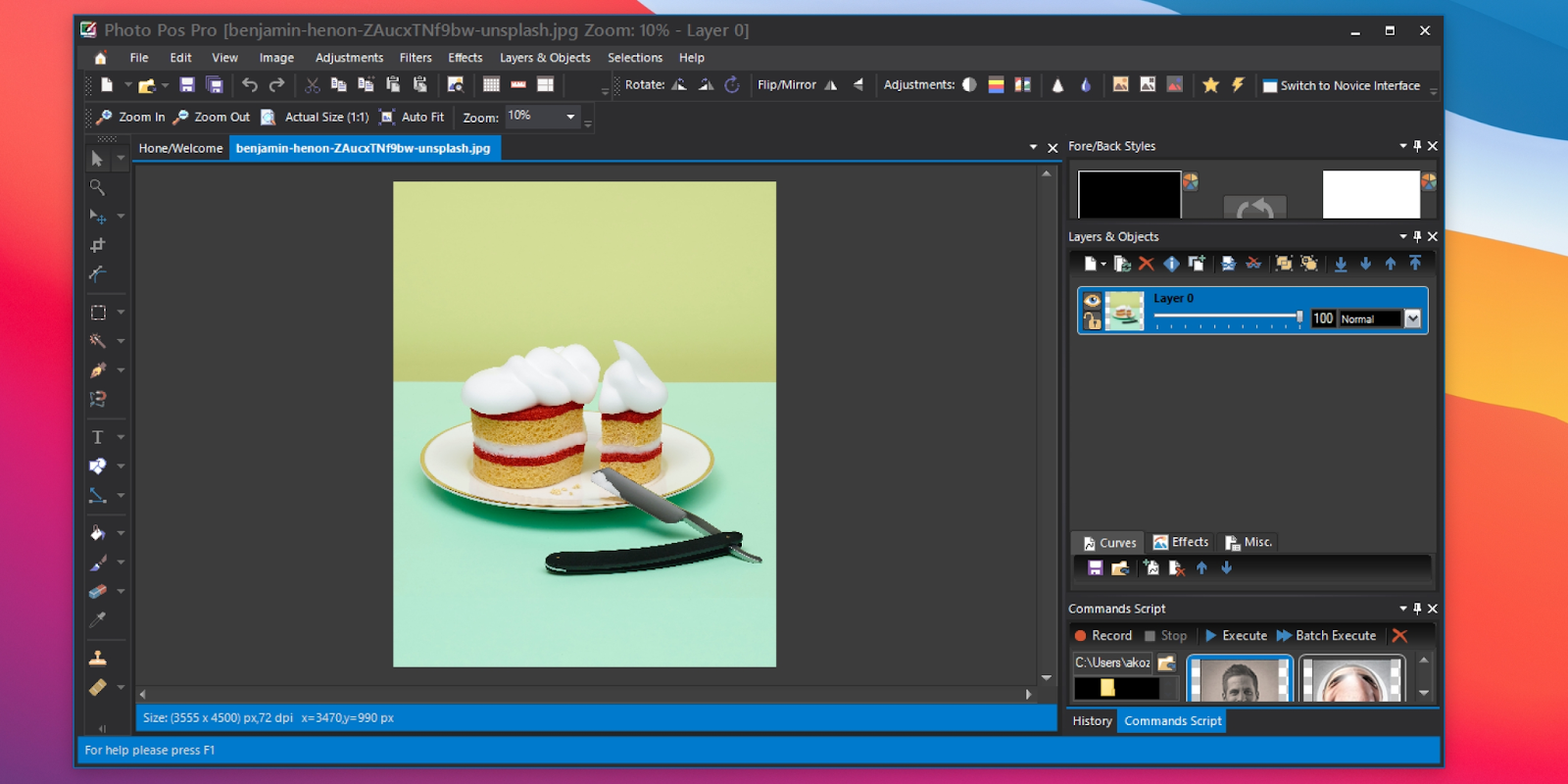
Photos Pos Pro takes a different approach with dual interfaces. It’s a capable Photoshop substitute that grows with your skills. The simpler view helps newcomers, while the full view gives experts total control.
This software handles more than photos. It tackles documents and web work too. That flexibility makes it especially handy for small teams or businesses needing versatile design tools.
Pros:
- Dual interface for different skill levels
- Extensive feature set
- Good for business and marketing use
- Affordable pricing
- Supports various file formats
Cons:
- Interface can feel dated
- Limited filter selection
- Fewer keyboard shortcuts than competitors
- Learning curve for advanced features
Corel PaintShop Pro
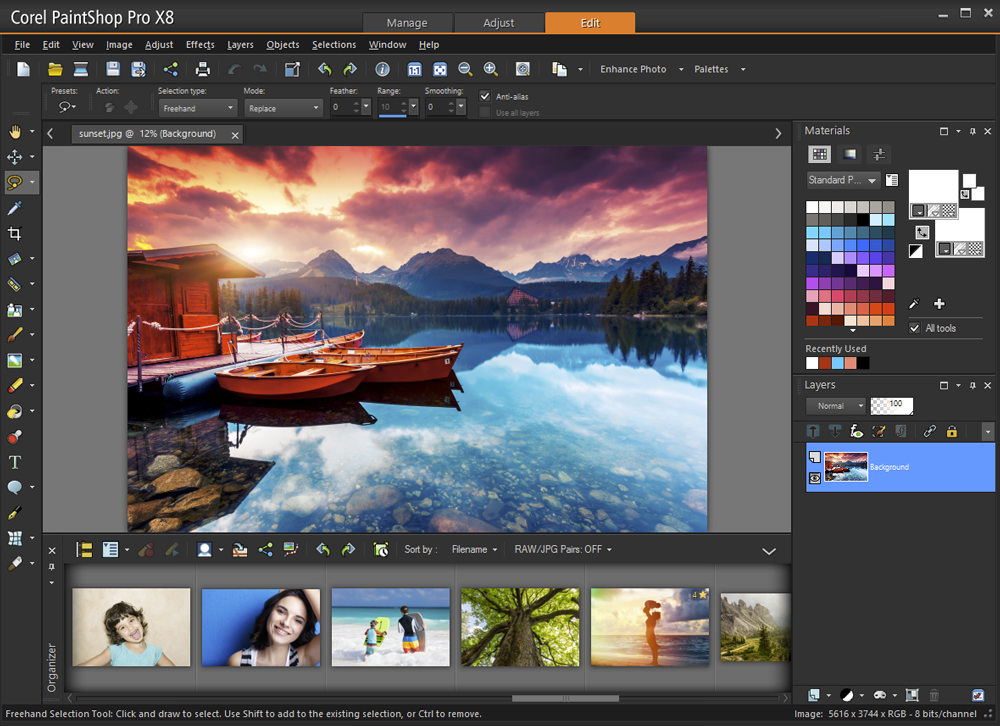
Corel PaintShop Pro has competed with Photoshop for years. It delivers robust editing tools at lower cost. This package serves as a capable Photoshop replacement, handling both photo edits and graphic design work.
You get AI features mixed with standard editing tools. Design templates help create polished graphics fast. Plenty of learning resources make switching from other software smoother.
Pros:
- Comprehensive toolset
- AI-enhanced features
- Good value for money
- Extensive learning resources
- Both photo editing and design tools
Cons:
- Interface feels cluttered at times
- Performance can lag with large files
- Some tools feel outdated
- Limited third-party plugin support
Krita

Krita shines as a top free Photoshop alternative for digital painters and illustrators. It handles photo edits, but its real power lies in drawing tools. The brush engine is sophisticated, matching pricey pro software.
The interface is built for artists. Tablet support is excellent, with full pressure sensitivity and controls you can tweak. Plus, you get an active, helpful community offering tutorials, brushes, and resources.
Pros:
- Completely free and open source
- Excellent drawing and painting tools
- Superior tablet support
- Active artist community
- Highly customizable brushes
Cons:
- Limited photo editing features
- Can be unstable with complex projects
- Steep learning curve for photo editing
- Resource-intensive for large canvases
Photopea
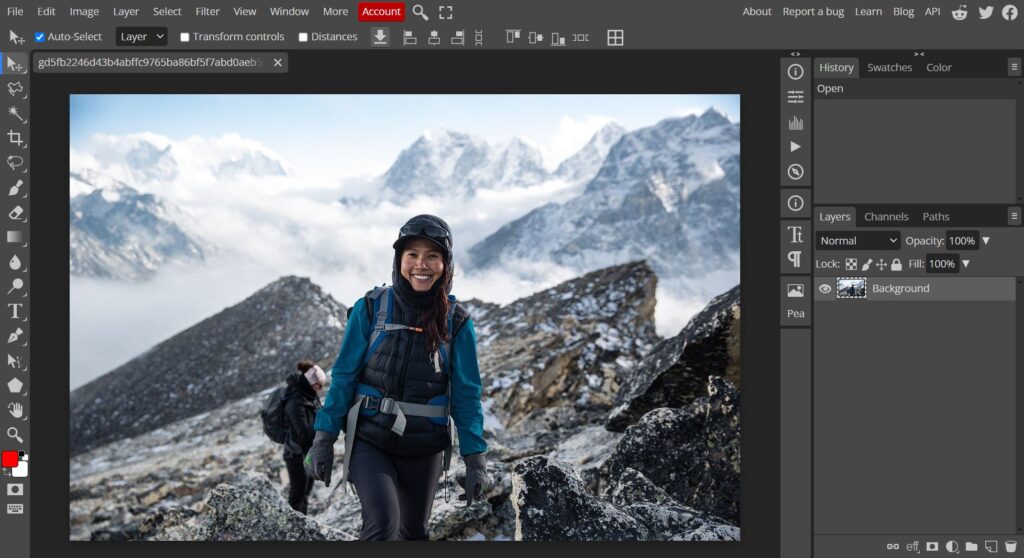
Photopea stands out among free programs like Photoshop that run right in your browser. This web app feels much like Photoshop, so users already familiar with Adobe find it easy to pick up. Running entirely online – no installs needed – is its big trick.
It handles PSD files really well, keeping layers and effects intact. You get tools covering everyday edits all the way up to complex projects. Performance is solid, especially considering it’s running in your browser tab.
Pros:
- Runs in any web browser
- Excellent PSD file compatibility
- Familiar Photoshop-like interface
- Completely free to use
- No software installation required
Cons:
- Requires stable internet connection
- Limited by browser capabilities
- Fewer advanced features than desktop software
- Can be slower than native applications
Comparison of the Best Adobe Photoshop Alternatives
| Software | Price | Platform | Best For | PSD Support | AI Features |
| Affinity Photo | $69.99 | Windows, macOS, iPad | Professional editing | Yes | Limited |
| Pixlr X | Free | Web browser | Quick edits | No | Basic |
| ACDSee Photo Studio Ultimate | $149.99 | Windows | Intermediate users | Yes | Yes |
| GIMP | Free | Windows, macOS, Linux | Advanced free editing | Limited | No |
| Luminar Neo | $199 | Windows, macOS | AI-powered editing | Limited | Extensive |
| Capture One Pro | $299/year | Windows, macOS | RAW processing | No | Limited |
| Photos Pos Pro | $89.90 | Windows | Business use | Yes | Basic |
| Corel PaintShop Pro | $79.99 | Windows | General editing | Limited | Yes |
| Krita | Free | Windows, macOS, Linux | Digital art | Limited | No |
| Photopea | Free | Web browser | PSD editing | Excellent | No |
How We Test Adobe Photoshop Alternatives
We actually use every piece of software ourselves. We install it and run it through its paces, covering everything from simple tweaks to complicated editing jobs.
- Performance matters. We see how fast each app handles big files, lots of layers, and heavy-duty tasks. Speed counts, especially when you’re working professionally.
- Features get compared directly. We test core tools everyone needs: layers, masks, filters, color fixes. Can it do standard editing jobs well?
- Usability is key. How clear is the layout? How easy is it to find tools? We see how quickly someone new can get results, and how smoothly experienced users can move.
- File support gets checked. How well does it open and save different formats? Handling PSD files is vital for people moving from Photoshop or sharing with Photoshop users.
- Stability is non-negotiable. We push it hard – big files, complex projects. Does it crash? How often? Reliability can’t be ignored.
Best Adobe Photoshop Alternatives of 2025: Buying Guide
Picking the right tool hinges on a few things: your experience, what you can spend, and what you actually need to do.
- Look at your budget first. Free apps like Photoshop, such as GIMP or Krita, pack serious power for zero cost. Paid choices run from affordable one-time buys to pricey pro suites. Remember, subscriptions mean constant payments for updates.
- Be honest about your skill level. If you’re starting out, simple layouts and guided steps help a lot. If you know the basics, you’ll want more tools without getting lost. Pros need everything, plus deep customization.
- Check your computer’s power. Editing software can push your system hard. Make sure your machine meets at least the minimum specs; aim for recommended ones to avoid slowdowns.
- File compatibility matters. If you swap files with others or have old PSDs, you need software that handles them well. Not all alternatives play nice with Photoshop files equally.
- Think about your whole process. How will this fit with your other tools? Support for plugins, batch editing jobs, and linking to other apps can save you tons of time later.
How to Choose the Best Adobe Photoshop Alternative
Your best Photoshop alternative really depends on what you need and your situation. Here’s how to pick wisely:
First, think about what you’ll use it for most. Editing photos? Making digital art? Designing graphics? Different tools shine in different areas. Photographers often lean toward Capture One Pro, while digital artists get more from Krita.
Balance features with how easy it is to learn. Powerful tools often take time to master. Be honest about how complex you want things versus the effort you’ll put in.
Always try before buying. Most paid options offer free trials. Use them to see if the software actually works for you.
Think long-term about cost. Upfront pricing might seem steep, but subscriptions add up over years. Compare both carefully.
Check if there’s solid help available. Good tutorials, guides, or active forums make learning new software way smoother.
Conclusion
Today’s world of apps like Photoshop is packed with great choices. Need a full Photoshop replacement? Or just want to try something new? Either way, you’ll find solid options no matter your budget or experience.
For pros wanting a close Photoshop feel, Affinity Photo hits the sweet spot on features and price. If free software is key, GIMP delivers power, though it takes time to learn. Beginners often like Pixlr X for its simplicity or Luminar Neo for its AI help.
Match the software to what you actually do. Paying for pro features makes little sense if you’re just doing simple tweaks. On the flip side, free tools might lack the precision needed for serious work.
Take time to look around. Most of these programs like Photoshop have free trials or are totally free. Trying a few helps you find the right fit for how you work and what you can spend.
FAQs
What are the best Photoshop alternatives for beginners?
For folks starting out, Pixlr X and Luminar Neo are top picks for being easy to grasp. Pixlr X works right in your browser and has a clean layout that won’t overwhelm you. It’s great for learning the basics. Luminar Neo leans on AI to help beginners get polished results quickly – it often does the heavy lifting. Photos Pos Pro is another solid option. It offers a simpler view at first, then lets you switch to a more advanced setup when you’re ready. This way, it grows with you.
What are the best free alternatives to Photoshop?
GIMP gives you serious tools for free. It’s packed with features pros use and you can tweak it a lot. Krita is a dream for digital painters; it comes packed with drawing tools artists love. Photopea runs right in your browser and handles PSD files really well. Pixlr X keeps things simple and free for basic edits.
Is Photoshop free for students?
Adobe gives students and teachers discounts on Creative Cloud. Photoshop itself isn’t free, even with the discount. That discount does lower cost a lot, making it cheaper for students. Though, lots of students discover free options like GIMP or Krita do what they need without paying.
Why should I use a Photoshop alternative?
Looking beyond Photoshop makes sense for a few key reasons. Cost savings can be huge, especially with apps you buy once instead of paying every month. Some rivals really shine at specific jobs – think AI boosts or digital painting. Others keep things simpler, making them much easier to pick up. You might also like backing open-source software or want to dodge getting stuck with files only one program can open properly.

